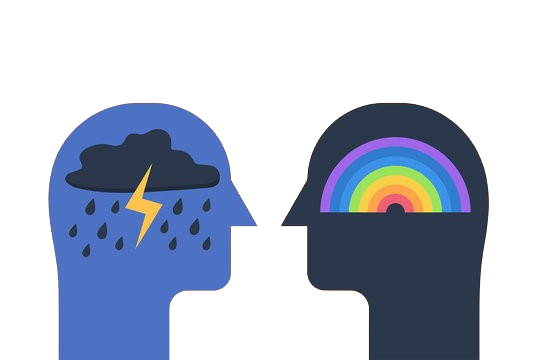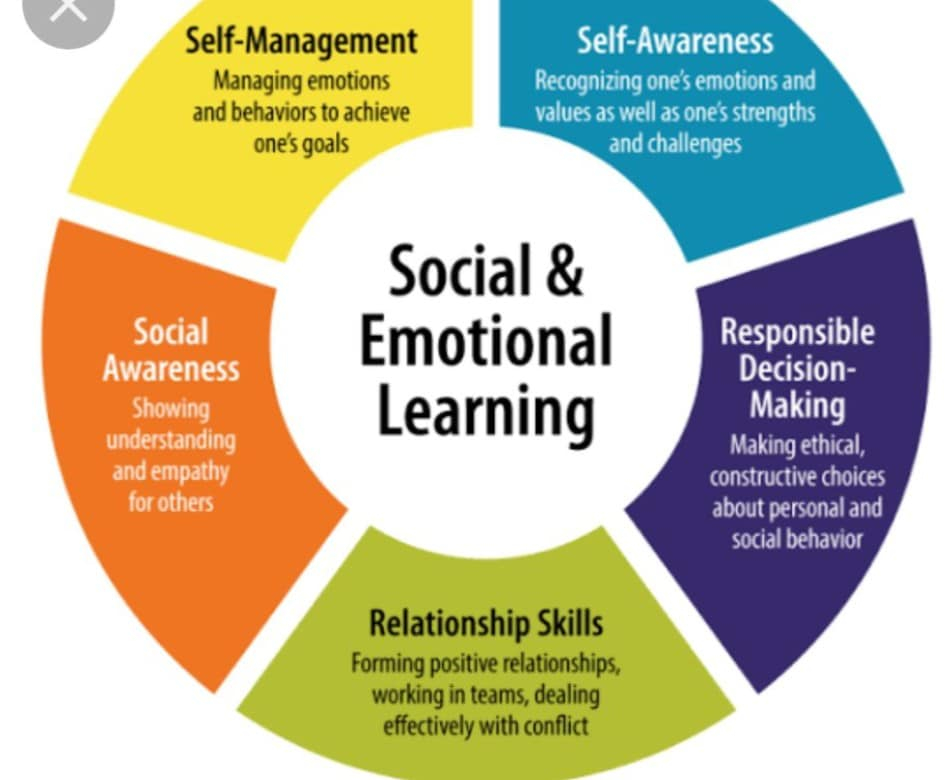Early Adolescence, Loss of Confidence, and Fears of Trying
Early Adolescence, Loss of Confidence, and Fears of Trying
16-Aug-2016
The parents were perplexed. “Our 6th grader was adventurous and enthusiastic about new experiences in elementary school. That’s how we’ve always known her. But now she’s suddenly become more cautious and hesitant. She often refuses to attempt something new, even activities that we know she’d like. It’s so frustrating to see! Why is she afraid of trying?”
In early adolescence (usually beginning in late elementary or early middle school), loss of confidence and fear of trying can go hand in hand. Consider possible reasons why.
When a girl or boy enters adolescence, they usually announce this change in words and actions that seem to say: “I am no longer content to be defined and treated as just a child anymore!” The old childhood identity no longer feels sufficient or satisfactory. Beginning to detach from childhood and parents, it’s an awkward time. The young person knows how he no longer wants to be defined, but doesn’t yet have an alternative definition to fit in its place.
Unsettled and restless for change, there’s a lot to figure out and practice. It was easier to feel confident in the smaller, sheltered, simpler, and more secure world of childhood, still embedded in the family circle, than in the rapidly expanding and more demanding world of adolescence outside of home.
Having to grow forth into this less protected, more complex, and daunting older arena of life experience, there is a sense of uncertainty and anxiety. In addition, there is a new social constraint at work: playmates to simply have fun with in childhood have become peers to fit in and keep up with in adolescence.
Thus, most young people encounter loss of confidence that for a while can be expressed in a fear of trying as adolescence gets underway.
Introduced to these fears many years ago when I first started counseling in a junior high school back east, I still hear them expressed when counseling today. Consider what a number of fears of trying might be.
Fear of Failing: of not performing well enough.
Fear of Visibility: of public exposure.
Fear of Judgment: of criticism.
Fear of Embarrassment: of being laughed at.
Fear of Rejection: of being refused.
Fear of Disappointment: of being let down.
Fear of Defeat: of losing.
Fear of Injury: of getting hurt.
Fear of Surprise: of the unexpected.
Fear of Exclusion: of not socially belonging.
Fear of Success: of ongoing achievement pressure.
Myriad are the fears of trying that can beset young people as the age of growing up begins. And myriad are the frustrations of parents observing a young person’s reluctance to try what she or he has not done before or is not naturally good at. Seeing potential for growth of adolescent capacity and experience, parents can become exasperated when they see hesitation and timidity slow development down. “If you would just go to the middle school dance with your friends, we know you would have a good time!” “No way!” is the young person’s answer, basing this decision on social risks he does not yet feel ready to take.
Parents might want to treat early adolescent trying for what it often is: an act of courage in the face of many possible fears. It may be easier to empathize if they remember how trying something new requires learning, and that learning itself at this vulnerable age can be risky in at least five ways.
First, you may have to declare ignorance: “I’ll show I don’t know.”
Second, you may have to make mistakes: “I won’t get it right the first time.”
Third, you may have to look foolish: “Other people can see me mess up.”
Fourth, you may feel stupid: “I’ll end up acting dumb!”
Fifth, you may get evaluated: “Doing badly will hurt my reputation.”
Parents can support effort at this anxious early adolescent age by empathizing with fear and putting the risks of trying and learning in a positive context, particularly when the process feels painful or the outcome is unwanted.
So a parent offers this perspective to a 13-year-old who just failed to make the starting cut. “I know this is disheartening after you worked so hard. But maybe you could treat your disappointment not with sadness, but with respect. As far as I’m concerned, you should be proud of yourself. I believe that if a person doesn’t fail sometimes that just means they’re not trying hard enough. Good for you for getting out there and giving it a go! And you might consider this. In a way, effort matters more than outcome because in most cases, the first you can control, but the second you can’t. So focus on effort, and let the outcome take care of itself.”
Finally, there is this. If you interview entering 6th graders and graduating 8th graders about self-confidence, what I have found is usually this. Because of growth from trying much that is new in spite of their fears, these acts of daring (or courage, if you will) have resulted in an amazing transformation. Compared to insecure 6th graders, some 8th graders, flush with hard-earned confidence, can seem downright arrogant.
More Blog
Mental health needs to notice in Bangladesh
12-Sep-2024Like other countries Mental health is one of the warning issues in Bangladesh gradually. Though the immense consequences of this... read more
Happiness tips:
02-Apr-2022Happiness is also one of the important aspects of positive psychology and wellbeing. Do something you enjoy every day, e... read more
What is SEL?
31-Jan-2022Social-emotional learning, commonly referred to by its acronym, SEL, is a method of promoting holistic child development by teac... read more



